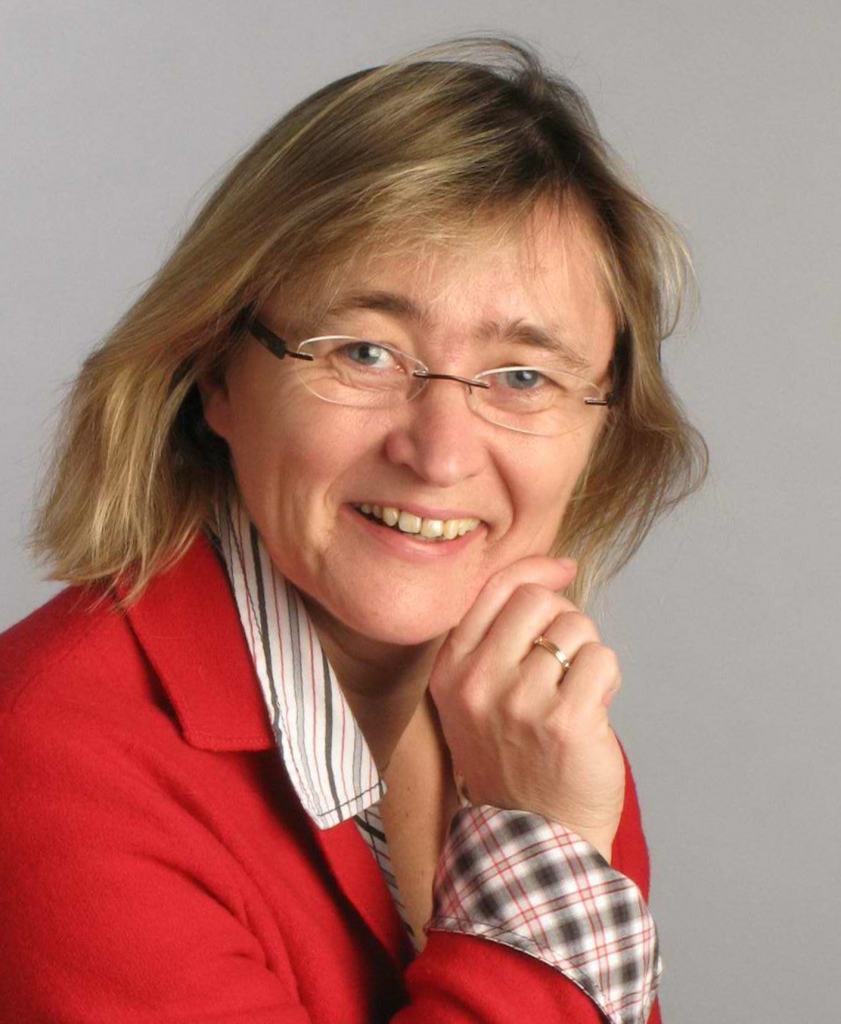Lecturer: Tanja Schultz
Fields:
Content
Human interaction is a complex process involving modalities such as speech,
gestures, motion, and brain activities emitting a wide range of biosignals, which can be captured by a broad panoply of sensors. The processing and interpretation of these biosignals offer an inside perspective on human physical and mental activities and thus complement the traditional way of observing human interaction from the outside. As recent years have seen major advances in sensor technologies integrated into ubiquitous devices, and in machine learning methods to process and learn from the resulting data, the time is right to use of the full range of biosignals to gain further insights into the process of human-machine interaction.
In my talk I will present ongoing research at the Cognitive Systems Lab (CSL), where we
explore interaction-related biosignals with the goal of advancing machine-mediated human
communication and human-machine interaction. Several applications will be described such as Silent Speech Interfaces that rely on articulatory muscle movement captured by
electromyography to recognize and synthesize silently produced speech, as well as Brain
Computer Interfaces that use brain activity captured by electrocorticography to recognize
speech (brain-to-text) and directly convert electrocortical signals into audible speech (brain-to-speech). I will also describe the recording, processing and automatic structuring of human everyday activities based on multimodal high-dimensional biosignals within the framework of EASE, a collaborative research center on cognition-enabled robotics. This work aims to establish an open-source biosignals corpus for investigations on how humans plan and execute interactions with the aim of facilitating robotic mastery of everyday activities.
Objectives
None
Literature
None
Lecturer

Tanja Schultz received her diploma (1995) and doctoral degree (2000) in Informatics from University of Karlsruhe and completed her Masters degree (1989) in Mathematics, Sports, and Educational Science from Heidelberg University, Germany.
Dr. Schultz is the Professor for Cognitive Systems at the University of Bremen, Germany and adjunct Research Professor at the Language Technologies Institute of Carnegie Mellon, PA USA. Since 2007, she directs the Cognitive Systems Lab, where her research activities include multilingual speech recognition and the processing of biosignals for human-centered technologies and applications. Since 2019 she is the spokesperson of Bremen’s high-profile area “Minds, Media, Machines”. Dr. Schultz is an Associate Editor of ACM Transactions on Asian Language Information Processing and serves on the Editorial Board of Speech Communication. She was President and elected Board Member of ISCA, and a General Co-Chair of Interspeech 2006. She is a Fellow of ISCA and member of the European Academy of Sciences and Arts. Dr. Schultz was the recipient of several awards including the Alcatel Lucent Award for Technical Communication, the PLUX Wireless Biosignals Award, the Allen Newell Medal for Research Excellence, and received the Speech Communication Best paper awards in 2001 and 2015.
Affiliation: University of Bremen